Orange is the New Black played a major role in putting Netflix on the map when it comes to original content, and its stars are speaking out about how poorly they were compensated—and why that still matters today.
Michael Schulman published a damning round-up of interviews from the cast in The New Yorker this week, just ahead of the Screen Actors Guild officially joining the Writers Guild on strike against the Alliance of Motion Picture and Television Producers. The joint strike has effectively shut down Hollywood over a number of concerns, ranging from AI to the way the streaming model has shifted how the people actually creating the content companies like Netflix and Amazon profit from are being cut out of the equation.
And this doesn’t simply mean that actors and writers on these shows aren’t buying million-dollar yachts like the company CEOs, it means that they often find themselves having to work other jobs in tandem with their successful TV careers, as multiple members of the OINTB cast said they did during the run of the show.
“Everyone’s reaction would be, like, ‘Oh, my God, I love you on that show! But also, what are you doing here?’” Diane Guerrero, who played Maritza Ramos for six of OITNB's seven seasons, said of working at a bar during the show’s run. “It was this incredulity that was teetering on offensive.”
Emma Myles, who played Leanne Taylor, similarly recalled maintaining a gig at a financial firm “acting in live simulations for aspiring financial planners,” Lea DeLaria (Big Boo) had to continue live shows to pay her bills, and Matt McGorry (John Bennett) admitted to keeping his day job “the entire time” he was on the show—just over two seasons.
Shows made for streaming are allowed to pay lower rates to union members than shows created for network and cable TV, and streamers’ refusals to share actual viewing data as is traditional in TV have made it difficult for these rules to be changed. This lack of transparency has also contributed to failed negotiations for residuals.
In traditional TV, unions like SAG and WGA have secured their members percentages of the continued profits made on their work over the years, but streamers only have to pay a fixed amount, with no relation to how successful the show is or how many more subscribers it brings in—something highlighted by an old TikTok Kimiko Glenn (Brook Soso) recently re-shared that showed she received a whopping $27.30 in residuals from the show.
It’s galling that something so popular would pay its cast so poorly, though it could be written off as a risk taken for being at the start of a new chapter in TV—to a certain extent. But then you factor in residuals, and the fact that things haven’t really changed for anyone outside of the major stars lured to streamers with lucrative salaries, and it becomes extremely clear why the OITNB cast is speaking out, and why SAG is on strike.
“They’re telling us, ‘Oh, we can’t pay you this much, because we’re pinching pennies,’” Beth Dover, who played Linda Ferguson on the series, recalled. “But then Netflix is telling their shareholders that they’re making more than they’ve ever made.”
And that’s the crux of it—at the end of the day, the profits from the show, and others like it, are going into someone’s pockets. That the people who actually made it shouldn’t be receiving their fair share while the wealthy just get wealthier is ludicrous.
The entire run down of Schulman’s takeaways from speaking with the cast can be found over at The New Yorker.






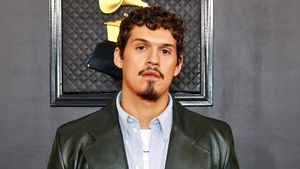











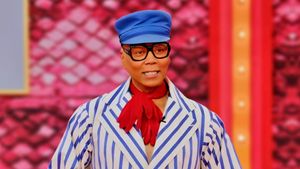


















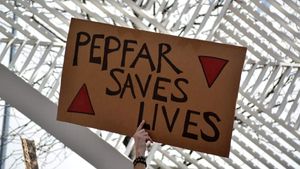



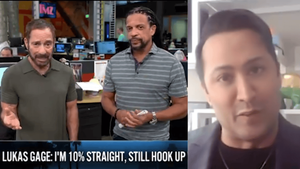






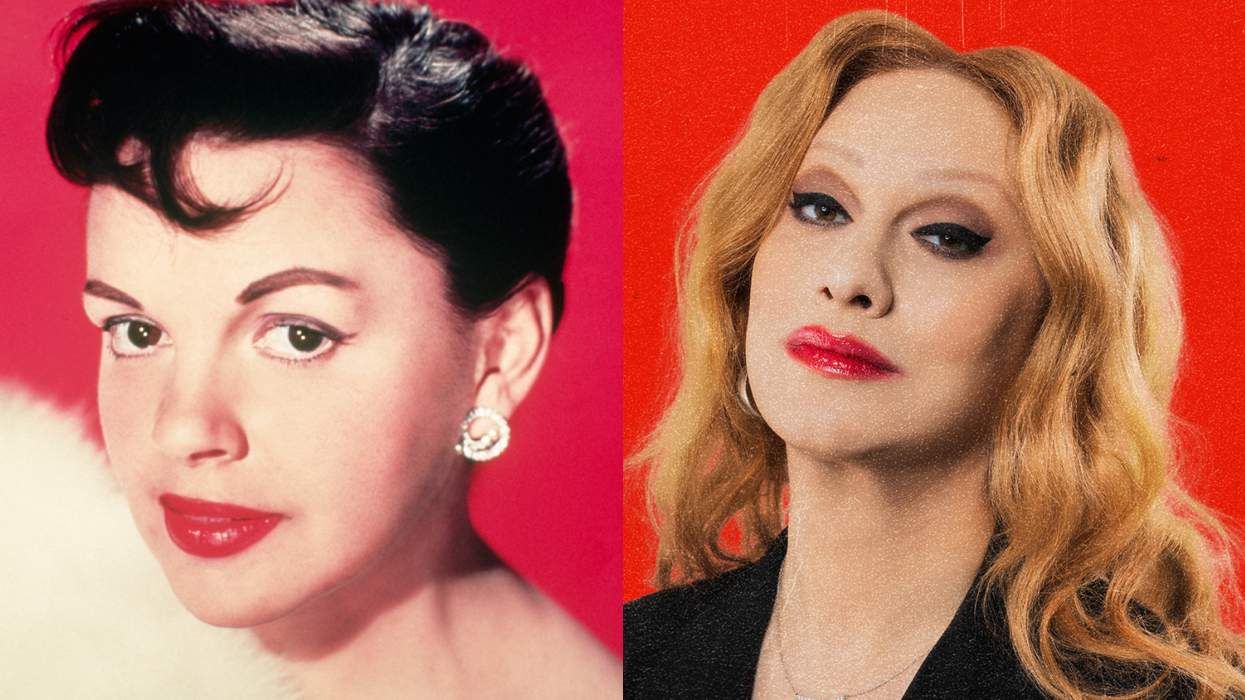


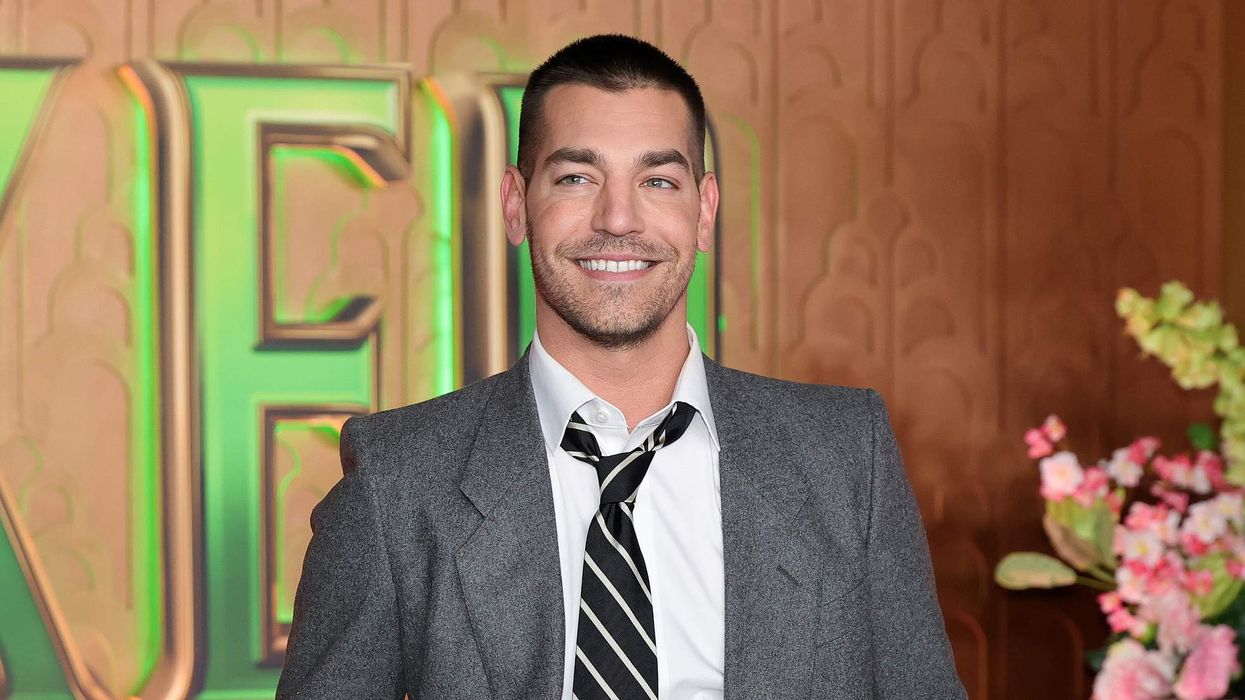




 First look at the steamy gay hockey romance 'Heated Rivalry' & the stars who have gays lustingSabrina Lantos/Crave via Deadline
First look at the steamy gay hockey romance 'Heated Rivalry' & the stars who have gays lustingSabrina Lantos/Crave via Deadline








 Sandro Farmhouse, John Whaite, and Janusz DomagałaJeff Spicer/WireImage; Mike Marsland/WireImage; Nicky J Sims/Getty Images
Sandro Farmhouse, John Whaite, and Janusz DomagałaJeff Spicer/WireImage; Mike Marsland/WireImage; Nicky J Sims/Getty Images
